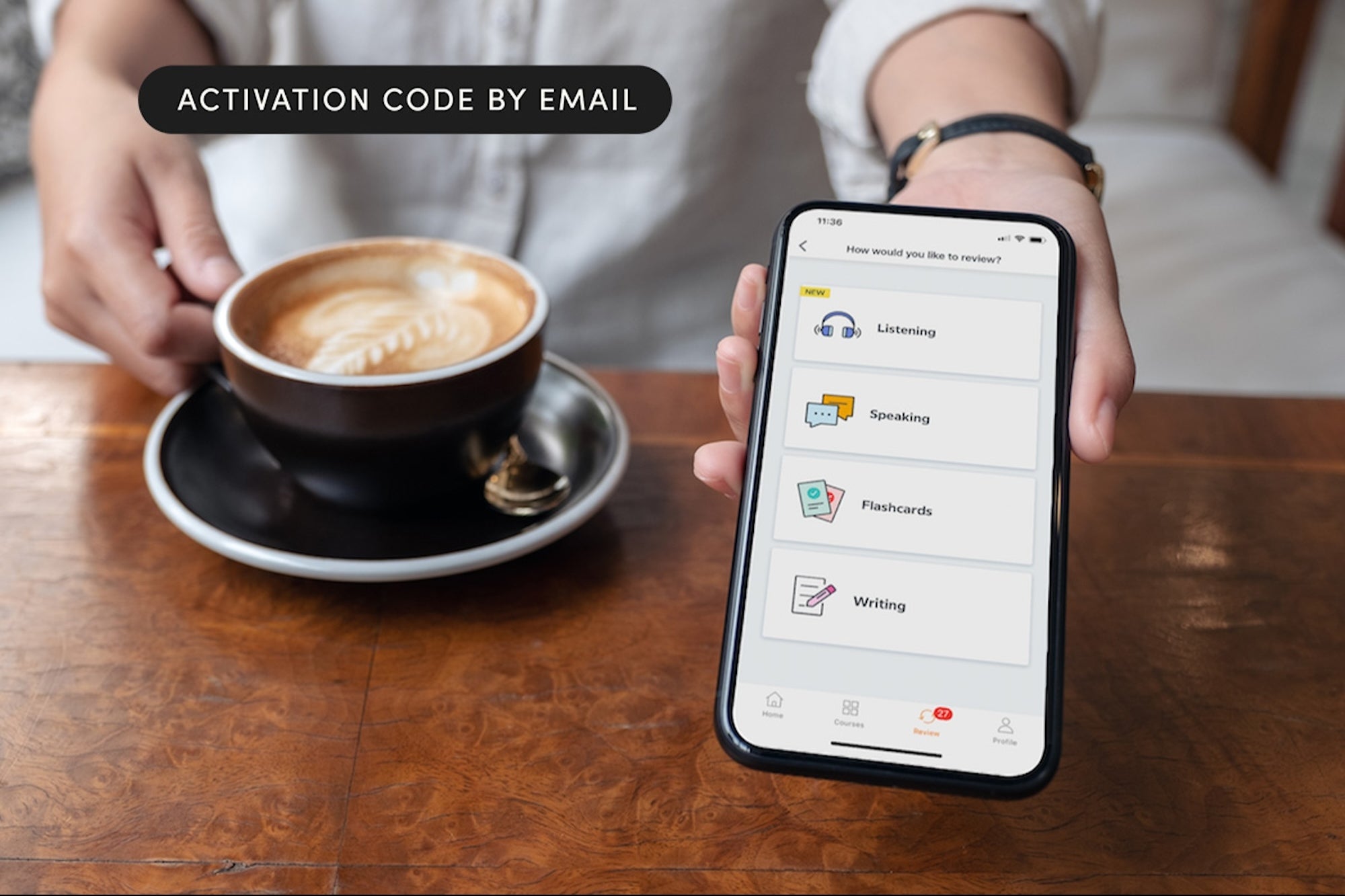Legal Basics: What You Need to Know About the Digital Millennium Copyright Act If you plan on running a contest, make sure your promotion is DMCA-compliant first.
Opinions expressed by Entrepreneur contributors are their own.

When the Digital Millennium Copyright Act (DMCA) was created back in 1998, YouTube hadn't yet been invented, and the words "content aggregation" weren't commonly used. "The DMCA is a safe harbor for content aggregators," explains Gary Adelman, a New York-based attorney with Davis Shapiro, who advises clients in a variety of copyright, trademark and entertainment matters.
The DMCA protects sites where users are encouraged to upload content such as music, video clips, recipes, and other creative material, while simultaneously providing content owners with a process to remove their content from a site to which they didn't provide permission.
This often comes up with contests, where entrants are encouraged to upload content, such as an essay or photograph/video to enter. Any business that allows the uploading of content needs to have DMCA compliance language in its Terms of Use or Privacy Policy, Adelman says.
Who controls the content is key to whether DMCA protection applies, Adelman notes. A content provider cannot upload, edit, crop or change the content in any way, or they lose the "safe harbor" protection. Adelman notes that the DMCA originally was limited to service providers like AOL but courts have recently expanded the DMCA "safe harbor" protection to include content aggregators like YouTube.
Here's how it works: Before a user may upload content to sites like YouTube, they must state they own or have permission from the copyright owner to upload the content. If the copyright owner did not provide permission, they (the owner) may notify YouTube by sending a Copyright Infringement Notification or a "takedown" notice.
The notice contains specific information such as:
1) The electronic or physical signature of the copyright owner.
2) Identification of the copyrighted work.
3) A description of and link to the infringing content.
4) The owner's name and contact information.
5) A sworn statement that he/she is the owner, and did not provide permission for the content to be uploaded to the site.
Once the notice is received, the site must take down the allegedly infringing content, and notify the party that posted the content of the infringement notice. The party that uploaded the content may then file a counter-notice requesting the content be reinstated (assuming they're the owner of the content), and the content may be restored to the site.
The counter-notice must contain:
1) The electronic or physical signature of the person that uploaded the content.
2) Identification of the content that was removed and where on the site it appeared before removal.
3) A sworn statement that the content was mistakenly removed.
4) the uploader's contact information.
If, in the example of a contest, the website owner receives a DMCA takedown notice, takes the content in question down and notifies the person who uploaded the content of the complaint, the website owner is DMCA-compliant and the DMCA is an affirmative defense to a copyright infringement claim, Adelman explains.
"It comes down to who controls the content," Adelman says. "If you do, the courts have been very clear that you don't get these protections." So, a word to the wise: if you're planning a contest or promotion where you're asking users to upload content, take a good look at the DMCA or, better yet, speak with a copyright attorney, as the law in this area is evolving.
Related: Use Photos in Advertisements? Take These Steps to Avoid a Lawsuit












